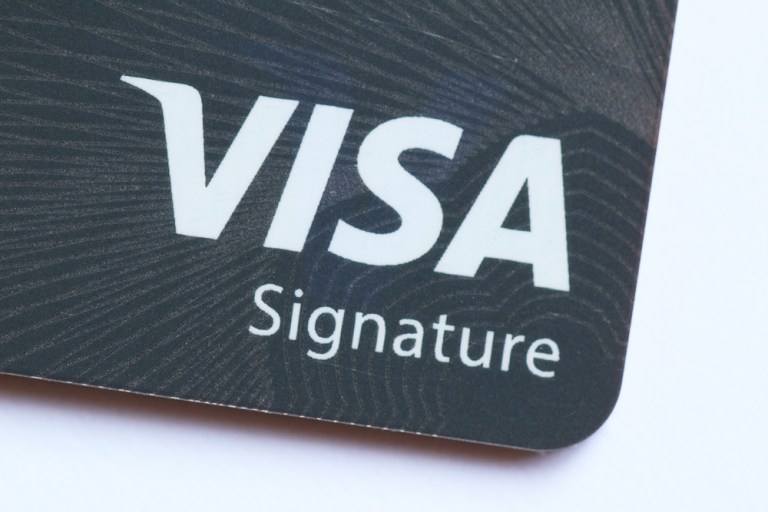Visa Finds Counterfeit Fraud Is Down 52 Percent Since First Full Year Of Chip Cards

The start of 2017 marked the first full year since the U.S. started moving to EMV chip cards, and Visa found that, since then, counterfeit fraud has dropped by 52 percent.
In a blog post Thursday (Jan. 26), Visa said the 52 percent decline is at merchants that are using chip-enabled cards. Across all merchants, counterfeit fraud is down 14 percent since the cards started being used. According to Visa, during 2016, the number of Visa chip cards issued in the U.S. reached 408.1 million, an increase of 92 percent. The number of merchants who rolled out chip-enabled terminals totaled 1.81 million at the end of 2016, more than doubling. Currently, 39 percent of all merchant locations have the terminals, handling 49 percent of the payment volume. Visa noted that 82 percent of the merchants that rolled out chip card terminals are small and medium-sized businesses.
During 2016, Visa also introduced Quick Chip technology to speed up chip transactions at checkout and to help merchants adopt the new technology. Visa said thousands of merchants, including New Leaf Community Markets and Brookstone, have implemented Quick Chip. “U.S. chip transactions have proven more secure for merchants, issuers and consumers, and we expect to see fraud continue to decline as more merchants install chip-enabled terminals and issuers deliver more chip cards to consumers,” Visa said in the blog post.
In April, Visa announced the launch of its Quick Chip for EMV solution, designed to speed up checkout times and make the chip and dip card experience for consumers and merchants as, well, quick as the swipe. This solution is aimed at enabling faster checkout, streamlined processing and a simple implementation for consumers and merchants. Stephanie Ericksen, VP of global risk products at Visa, told Karen Webster at the time that the new technology allows EMV chip card processing to closely replicate what U.S. consumers have become used to with mag stripe cards — which is not only the speed at checkout but the ability to “dip” the card and put it back in their wallet while the transaction goes forward.